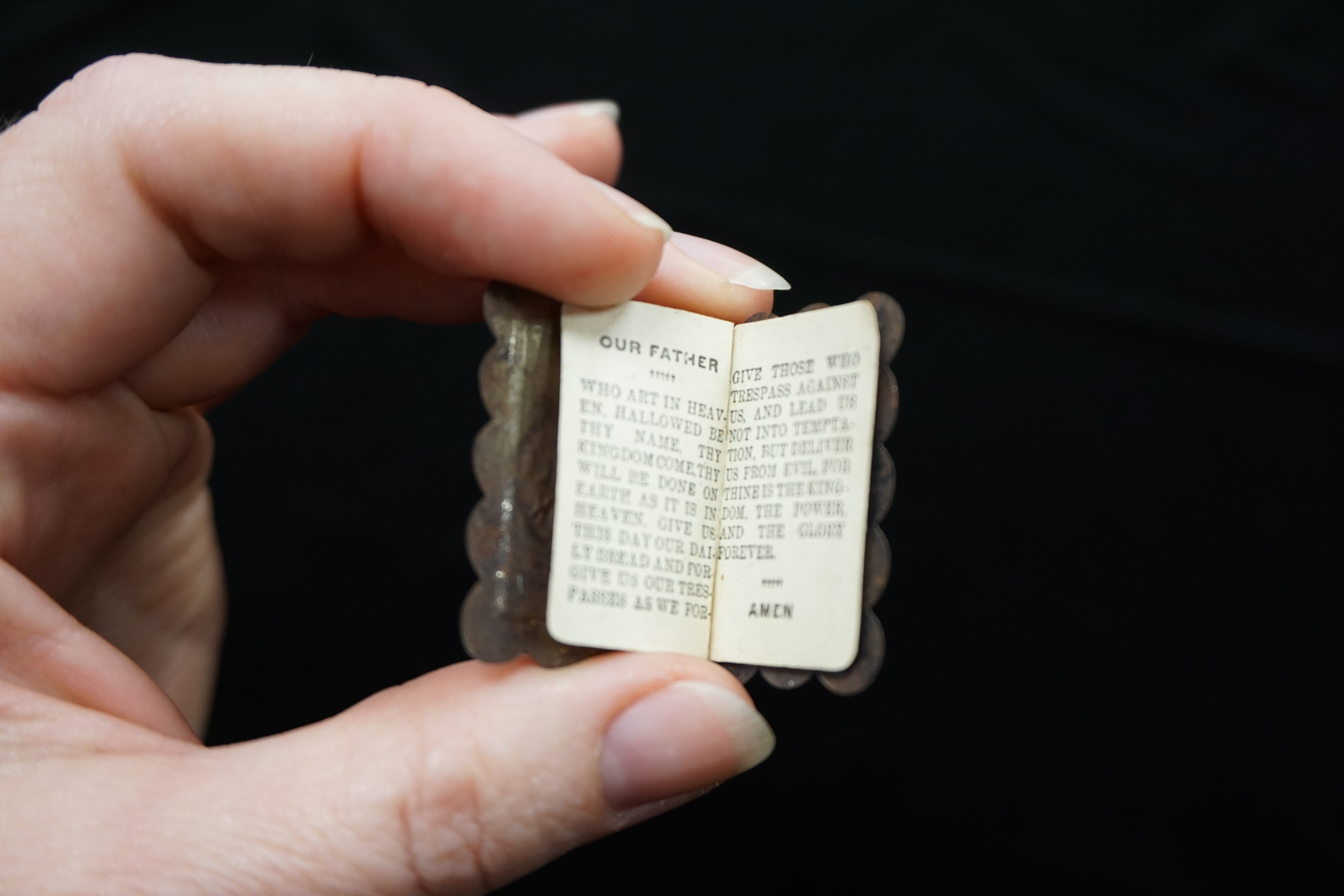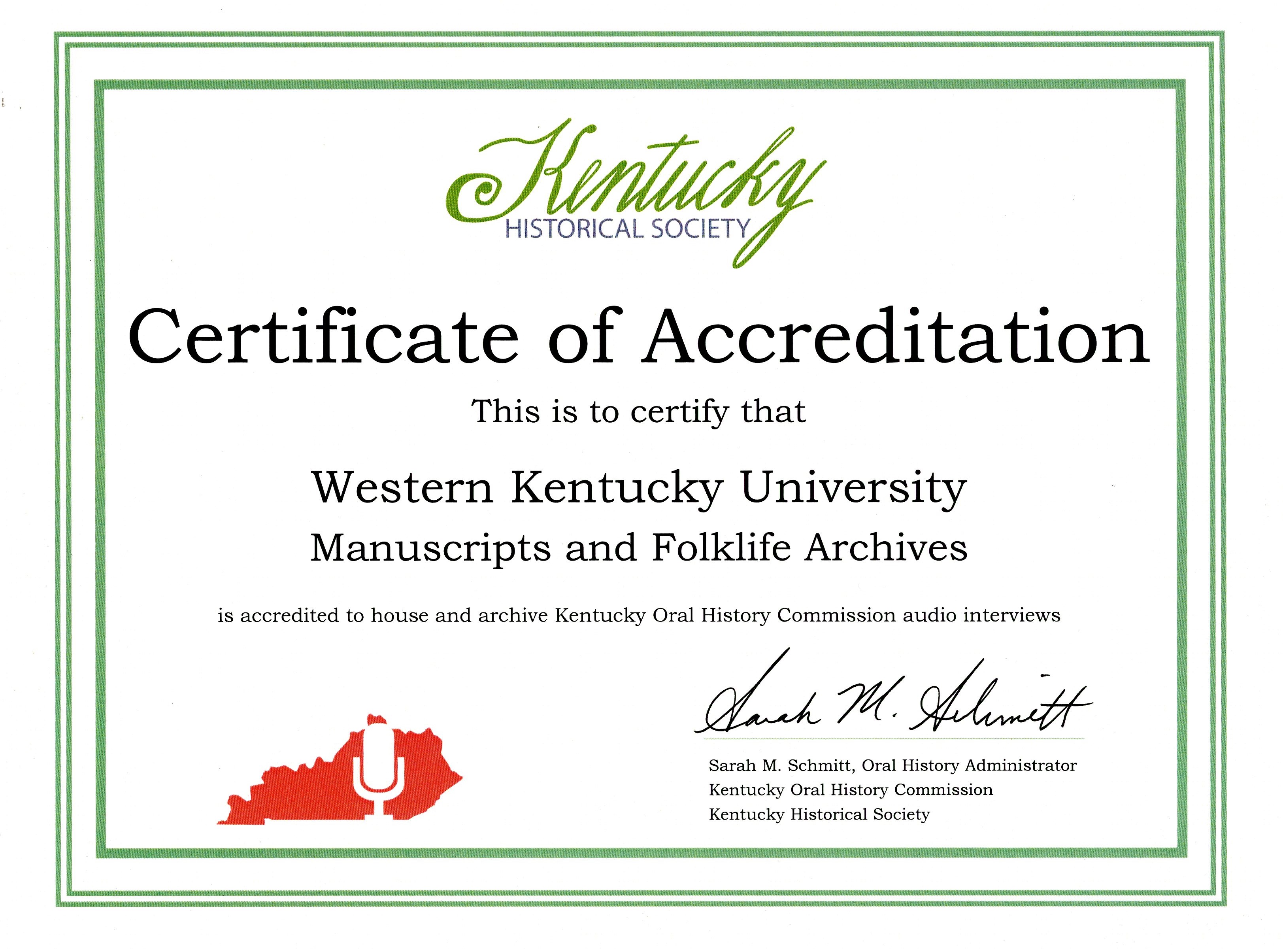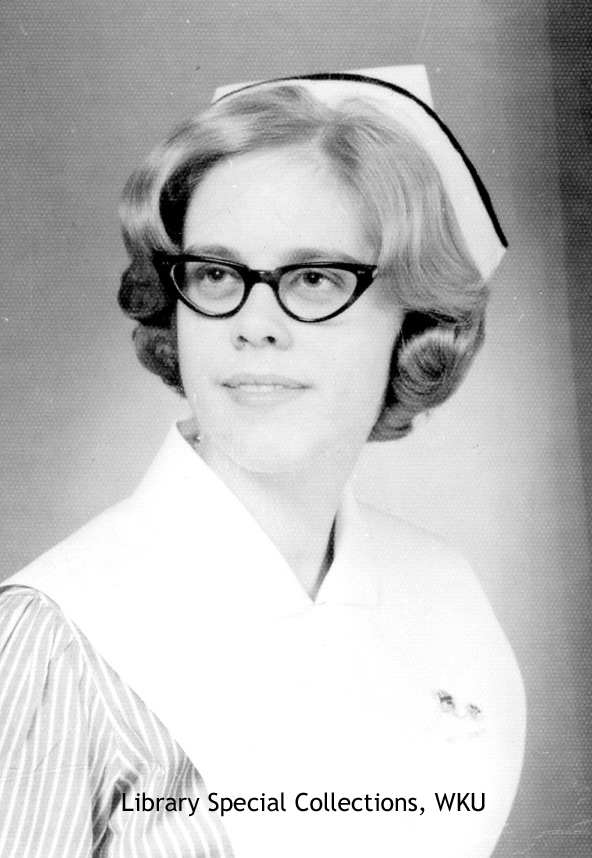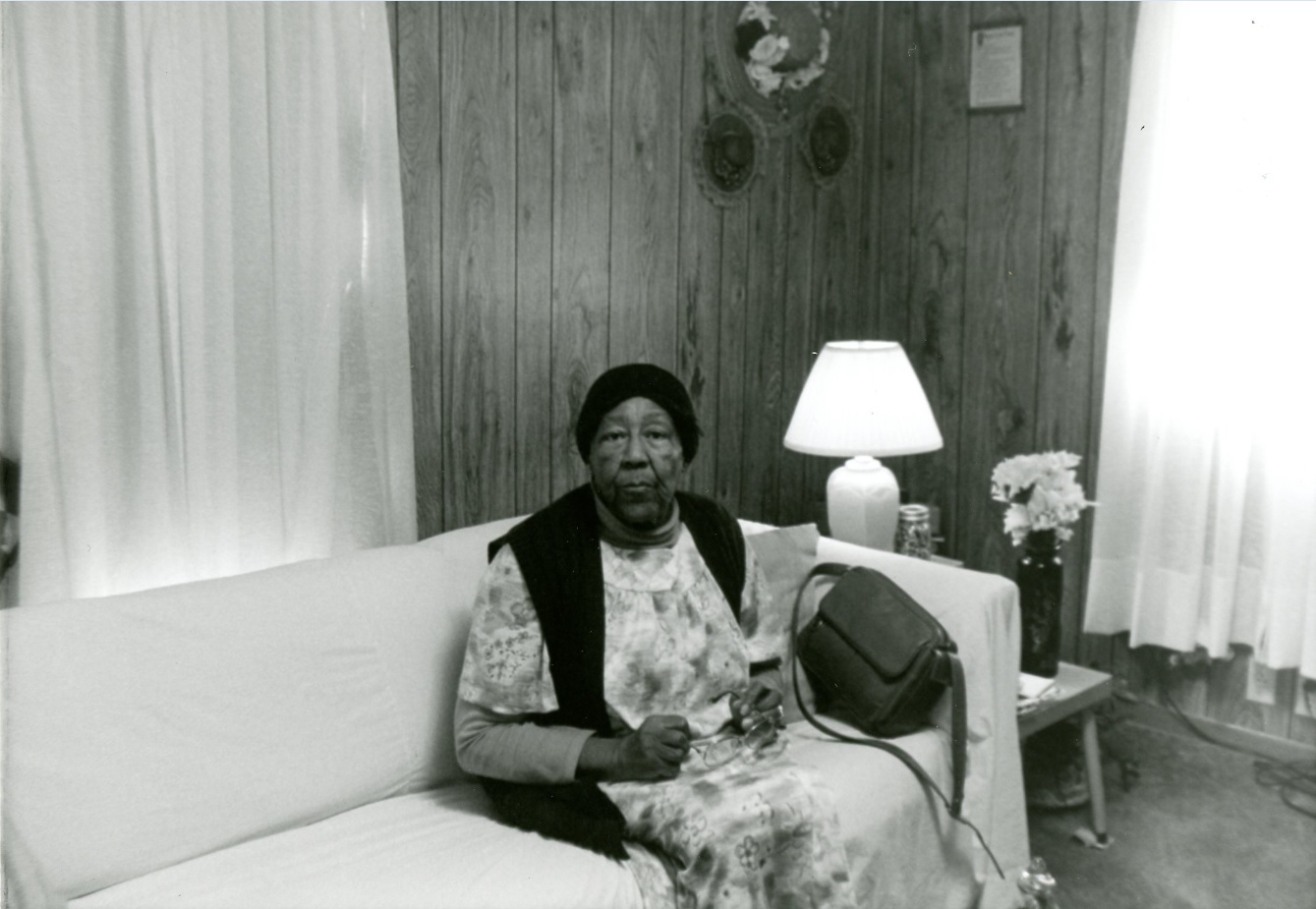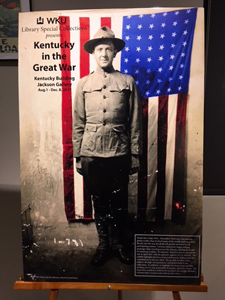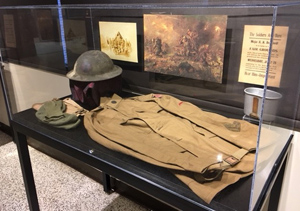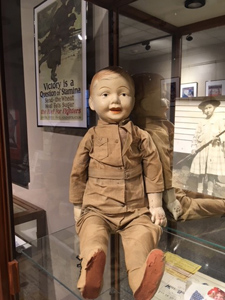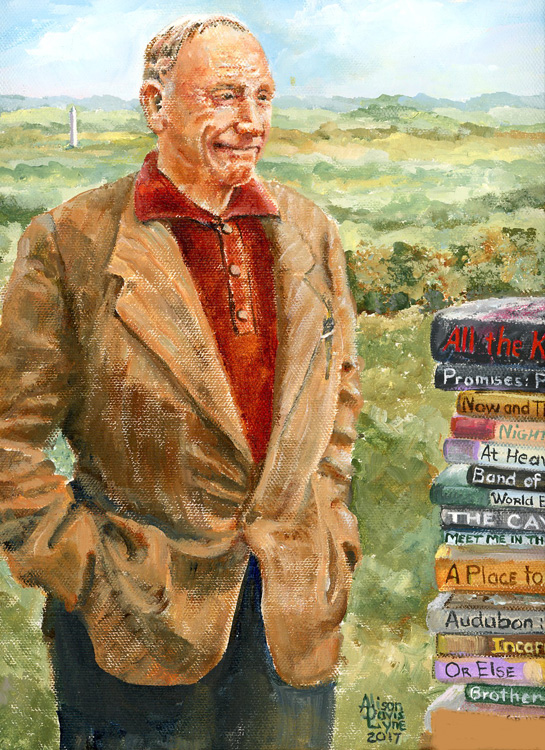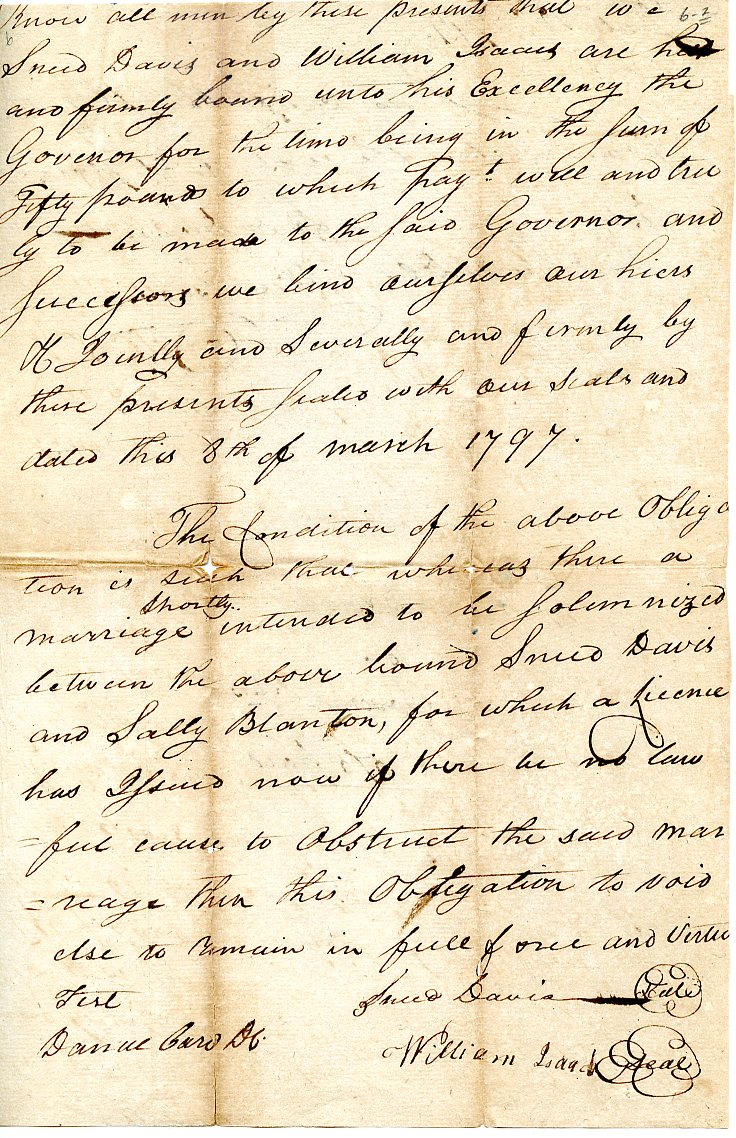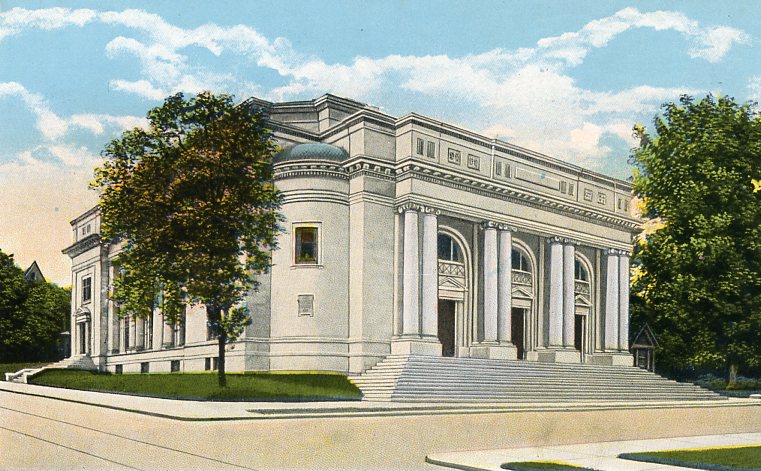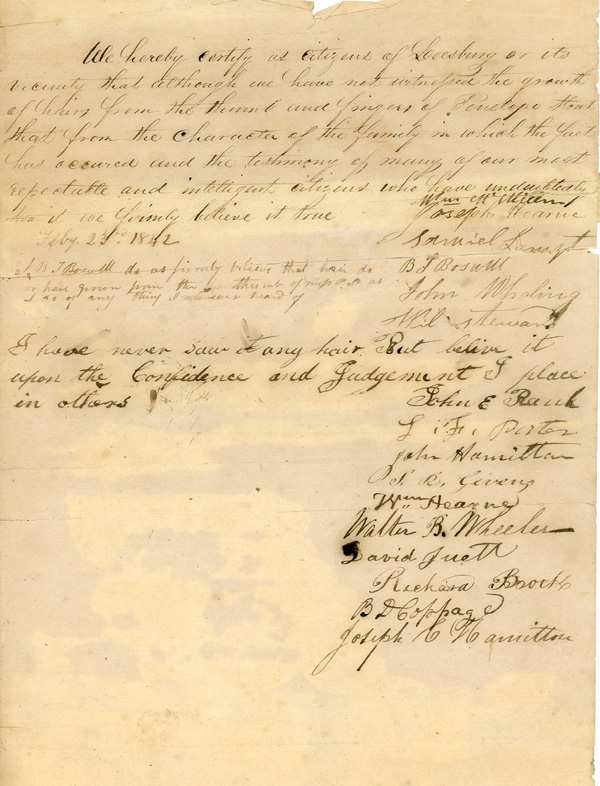Hello, my name is Noah Hancock, and I am a history major here at WKU. I have had the opportunity to experience, learn, and work with historical materials through a
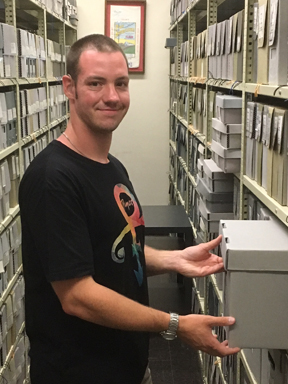
Noah Hancock, a WKU senior from Owensboro, has just completed an internship in Manuscripts, a unit of Library Special Collections.
summer internship in the Department of Library Special Collections in the Kentucky Building. This program allowed me to acquire skills and knowledge necessary to carry out tasks, such as organizing documents, reading and transcribing holographic letters, digitizing information, and entering data into TopSCHOLAR and KenCat.
Jonathan Jeffrey was very helpful, and he taught me the general processes of how the collections are acquired, accessioned, cataloged, and made accessible to the public both in person and online. For instance, one of the first things I learned was that the items in a collection are arranged in chronological order, which helped me to file and sort documents easier. One of the projects I worked on throughout the summer was a large collection of photocopied Civil War letters, diaries, roll calls, statistics, and records from both the Union and Confederate Armies. There were over twenty boxes filled with vast, indispensable information for research relating to the Civil War. Dr. Kenneth Hafendorfer, Louisville, Kentucky, collected this material when writing his Civil War books.
While sorting these documents, I came across some original, personal letters written by certain Civil War soldiers to their respective family members. These letters were dated and had names and locations of where they were stationed. Some letters were short, others were long, with details regarding camp life, troop movements, combat actions, health conditions, and some even requested that items be sent from home. The letters contain information on a variety of subjects that were important many years ago. I found this intriguing, because they provide insight into historic topics, such as the controversy regarding slavery.
Moreover, I was assigned the task of reading and typescripting some of the letters, and creating finding aids with summarized descriptions. With Jonathan’s assistance, I uploaded the transcribed documents to TopSCHOLAR. Lastly, I cataloged them into a system called KenCat, the Department’s collection management system. This program allows, the Library to keep track of all documents and materials within the collection.
I greatly appreciate Jonathan’s help and mentorship throughout the summer! The internship opened doors for me to experience and explore new possibilities; it also enabled me to use my knowledge and skills. It will no doubt be beneficial in my future career endeavors.
If you would be interested in an internship in the Department of Library Special Collections, contact Department Head, Jonathan Jeffrey, at 270-745-5265 or jonathan.jeffrey@wku.edu
Blog post written by DLSC intern Noah Hancock.


